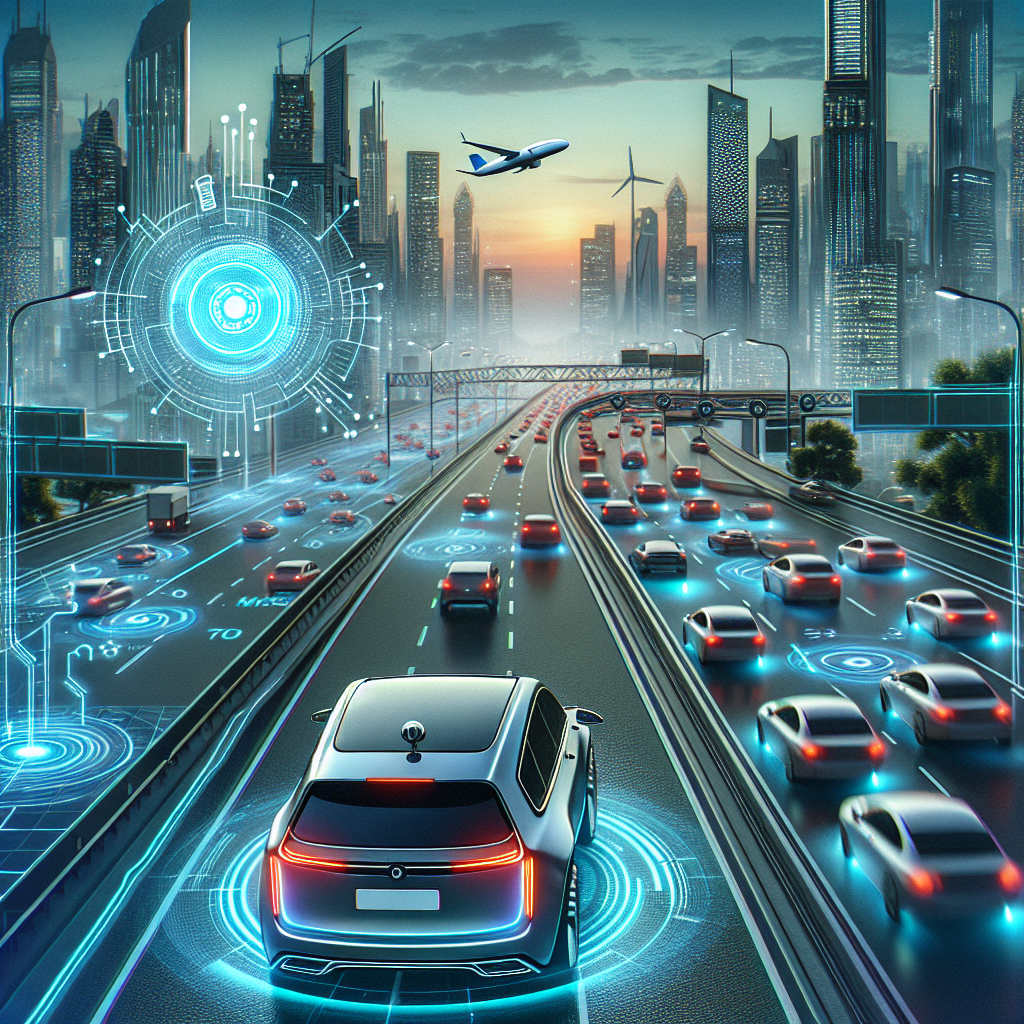In a recent development that underscores the rapid evolution of autonomous vehicle technologies, Mobileye, an Intel company based in Jerusalem, has surpassed expectations by reaching a half-million-mile benchmark in its self-driving vehicle tests on public roads without driver intervention. The company, which is known for developing advanced driver-assistance systems, has leveraged its expertise to advance in the burgeoning field of autonomous vehicles.
As reported by Calcalistech under the headline “Mobileye’s cars have driven 500,000 miles on public roads with no interventions,” the milestone represents not just a significant technical achievement but also a critical step towards the commercial viability of self-driving technology. Mobileye has been testing its autonomous vehicle fleet in diverse locations globally, including Munich, Detroit, Tokyo, and its home base in Jerusalem, contributing to a robust database that enhances the vehicles’ machine-learning algorithms.
The achievement is particularly noteworthy given the complex nature of real-world driving environments, where unpredictable variables such as pedestrian movements, construction activities, and varying weather conditions present continual challenges to autonomous systems. The test vehicles are equipped with Mobileye’s proprietary EyeQ5 system-on-a-chip technology, which processes vast amounts of sensory data in real time, enabling the vehicle to make instantaneous decisions that mimic human driving instincts but with enhanced reaction times.
Mobileye’s success in minimizing interventions signifies a leap towards Level 4 autonomy, where vehicles can operate independently without human oversight in specific conditions or geographical locations. This level of automated driving has been a target for numerous companies within the industry, which see it as a nexus point between current advanced assistive technologies and fully autonomous systems that require no human interaction.
Importantly, the safety of autonomous technologies remains a primary concern, not only for developers and regulators but also for the general public. Each incremental mile driven by systems like those developed by Mobileye offers additional data to refine these systems, potentially leading to higher levels of public trust in autonomous vehicles. This trust is crucial for widespread adoption.
Looking forward, the data and experience gathered by Mobileye are expected to play a pivotal role in shaping regulatory frameworks for autonomous vehicles. As governmental bodies around the world continue to scrutinize the safety and efficacy of self-driving cars, detailed real-world data becomes invaluable for informing policies and regulations that could facilitate a broader rollout of these technologies.
The advancements by Mobileye also emphasize the competitive landscape of the autonomous vehicle industry, where giants like Google’s Waymo and Tesla continue to push the boundaries of what is possible with their respective technologies. However, Mobileye’s recent achievements highlight not only its technological prowess but also its strategic positioning within the industry as it prepares for a potential IPO, a move anticipated to further bolster its development initiatives and market position.
As the journey towards fully autonomous vehicles continues, the implications extend far beyond the technology itself. Issues ranging from ethical considerations in programming decision-making algorithms, to the impact on transport-related employment and urban planning, to legal liabilities in the event of malfunctions or accidents, are all critical areas that require careful examination. With each test mile driven, companies like Mobileye contribute not only to the evolution of technology but also to a wider conversation about the future of mobility in a society increasingly leaning towards digital and autonomous solutions.



